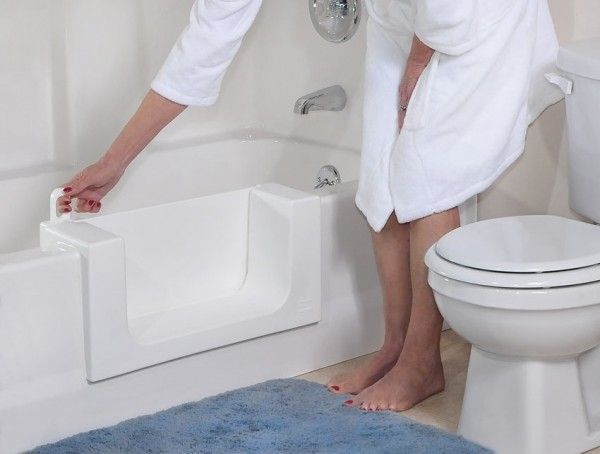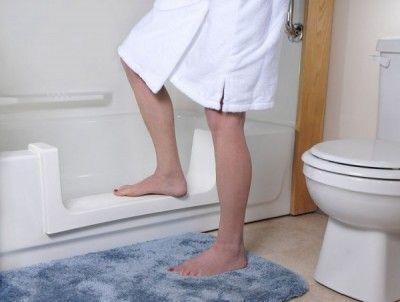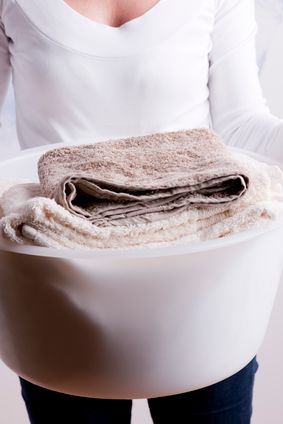Addressing Intimate Personal Care in Family Caregiver Duties
As a family caregiver, duties often include providing intimate personal care for elderly parents. Learn how to handle privacy concerns, promote independence, and provide dignified care. Discover tips on how to assist with bathing, toileting, and other intimate care needs.

The realm of family caregiver duties encompasses a spectrum of responsibilities, some of which can be uncomfortable, especially when it involves providing intimate personal care. Many individuals who care for elderly parents find themselves unprepared to navigate the sensitive territory of privacy and intimate care.
As a person ages and their capabilities diminish, their reliance on a caregiver for various aspects of care, including personal matters, inevitably increases. In my role as a nurse, I encounter countless instances where caregivers grapple with challenges such as bathroom falls, incontinence issues, bathing difficulties, and toileting concerns.
There arrives a moment when the intersection of privacy and caregiving becomes a significant concern. Seniors may encounter obstacles like the inability to manage personal hygiene after using the restroom, struggles with constipation that go undisclosed, or the gradual loss of autonomy in personal care. Caregivers are often confronted with situations where excessive toilet paper usage results in plumbing problems.
Being a caregiver demands stepping out of one's comfort zone. It entails providing care with sensitivity, preserving dignity, and fostering independence, even when it involves encroaching upon a person's privacy. This can be particularly complex when providing care for an opposite-sex parent. Many caregivers wrestle with the discomfort of assisting a family member with intimate tasks like toileting or bathing sensitive areas of the body.
Further Insight into Caregiver Duties
In the process of bathing or toileting a family member, discretion and compassion are paramount. Administering intimate personal care not only promotes physical well-being but also contributes to their emotional welfare. There are diverse levels of support you can extend, but the crux lies in communicating your assistance and ensuring their safety.
Acknowledging assistance, even from a close family member, can be challenging. Yet, you can strike a balance between providing privacy and nurturing independence, all the while enhancing their emotional state. Throughout caregiving, it's vital to elucidate your intention to assist and explain each step of the process.
Maximizing privacy remains pivotal. This may involve stepping away from the bathroom while remaining close by. Some may require help getting on and off the commode, while others might need post-toileting cleansing.
Additionally, this presents an opportune time to assess skin condition and observe the color of urine or bowel movements. While these conversations may be difficult, they can provide invaluable insights.
In summary, the family caregiver's journey is a complex blend of fulfilling responsibilities, including those of intimate personal care. As our loved ones age and rely on us for support, finding the right balance between respecting privacy, fostering independence, and ensuring safety becomes paramount. While these tasks may stretch our comfort zones, they play a pivotal role in their well-being. Through compassionate communication, discreet assistance, and unwavering dedication, caregivers can not only enhance physical health but also nurture emotional wellness. This journey underscores the importance of adaptability and sensitivity, reminding us that even uncomfortable tasks are integral to the comprehensive care we offer.
No topic is too challenging to discuss. Please feel free to ask any questions you may have; this platform is here to address any concerns.
You might also like this article:







